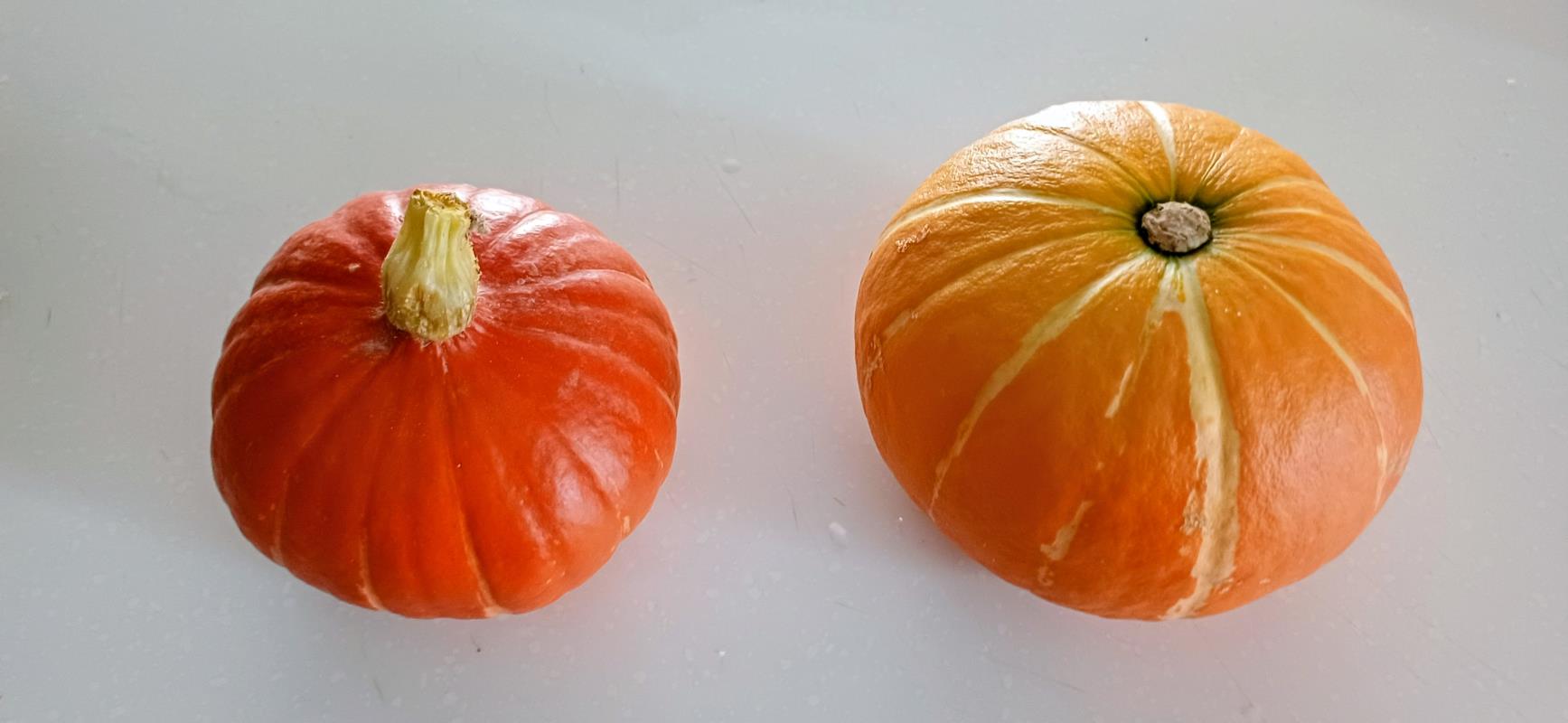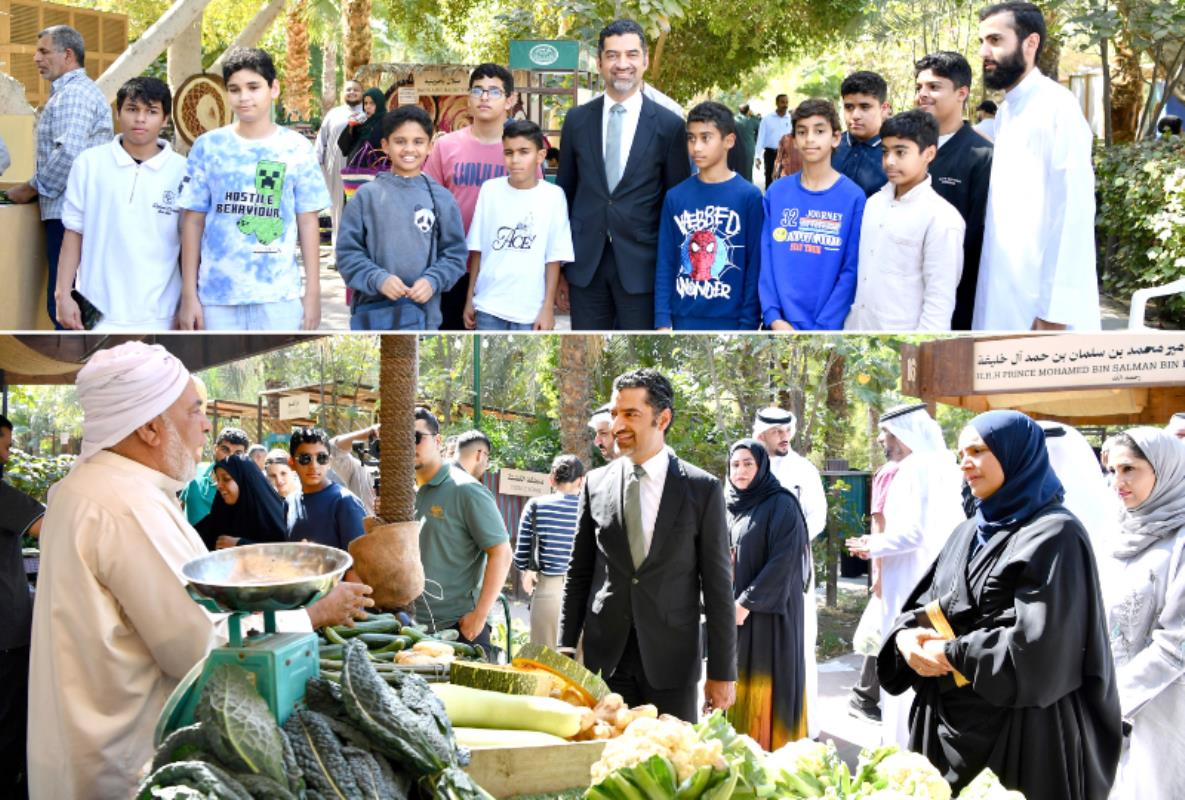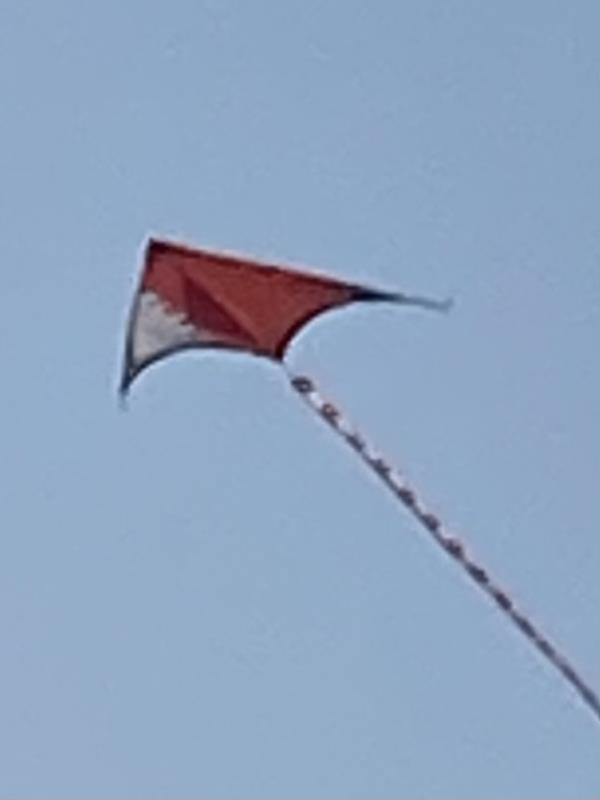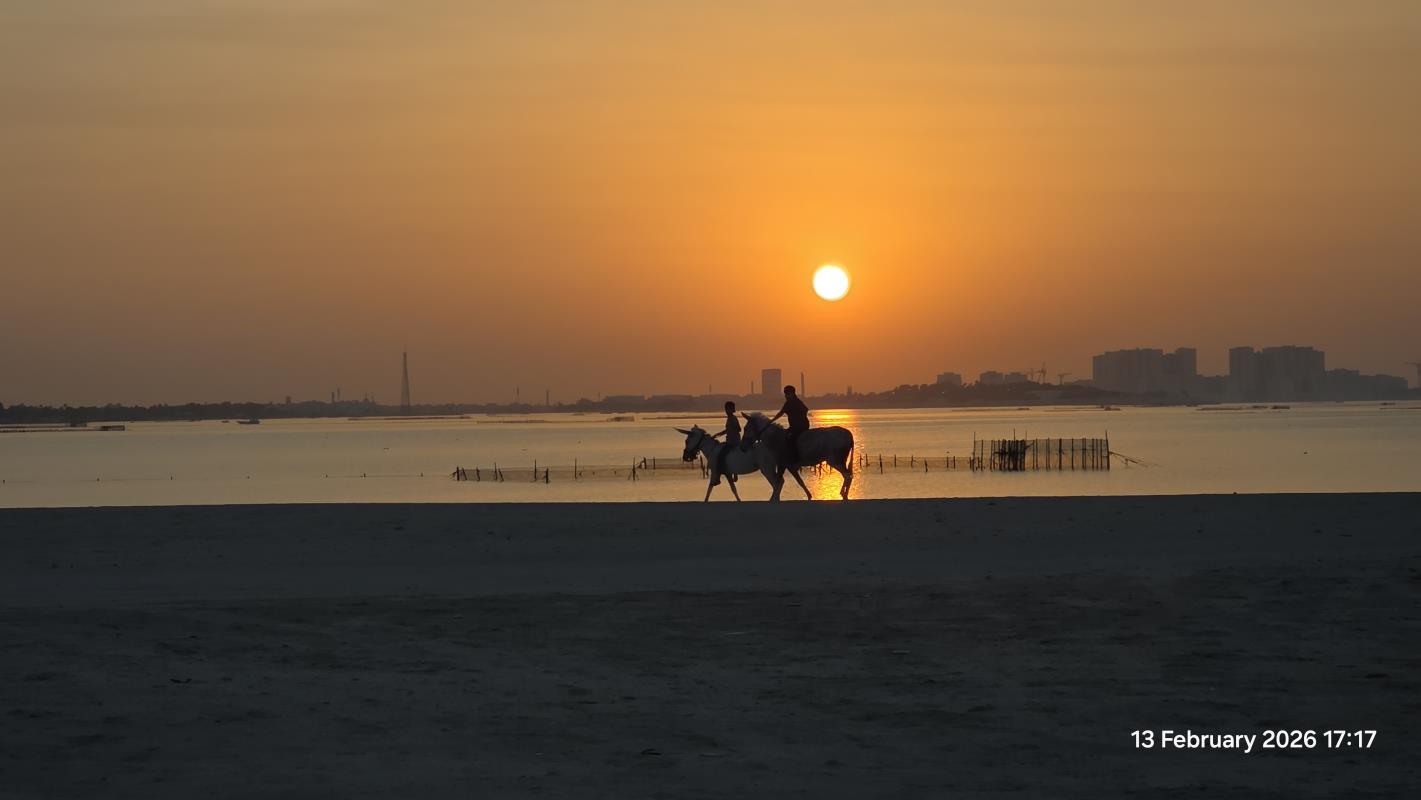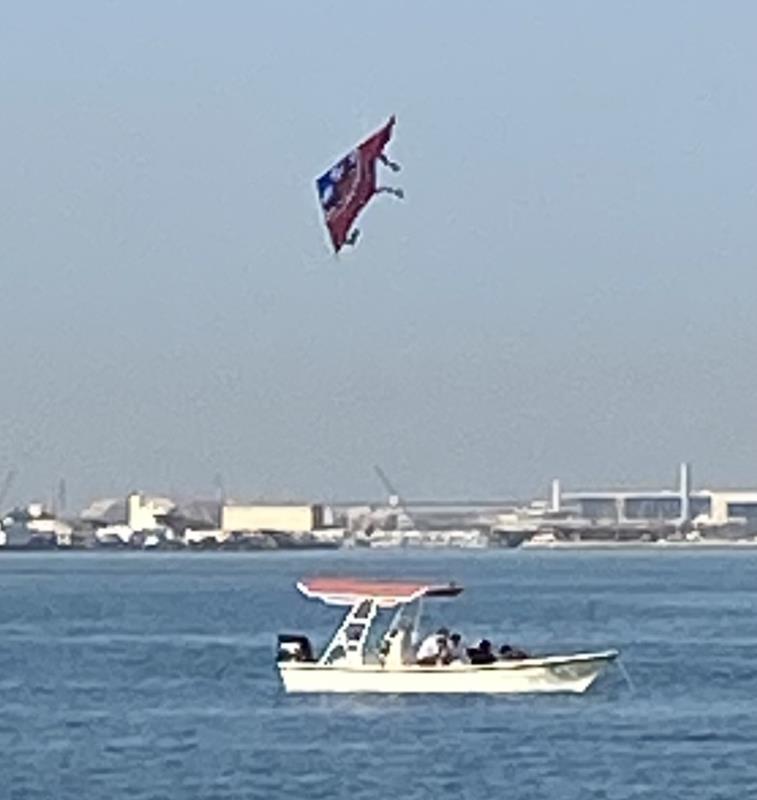
A new study by scientists at the International Center for Biosaline Agriculture (ICBA) has found that certain common date varieties can benefit from low to moderate levels of water salinity.
Published in Frontiers in Sustainable Food Systems, an open-access peer-reviewed journal with an impact factor of 4.7, the study provides fresh insights into the correlation between salinity and varietal response by date palm. The findings offer considerable promise for more sustainable water management in date production in arid ecosystems.
“Date palm is a crucial element of agrifood systems in the Middle East and North Africa as date production contributes to job creation and income generation in the agricultural sector. This means it is important to develop effective solutions for dealing with biotic and abiotic stresses that undermine date palm cultivation. This rationale has informed ICBA’s research program on date palm since 2001. Our center has conducted different experiments in the UAE to determine the long-term effect of saline water irrigation on date palm growth, productivity, fruit quality, and the impact of salinity on the soil. The experiments have been carried out with 18 common date varieties from Saudi Arabia and the UAE, including Ajwa Al Madinah, Khalas, and Lulu. And results to date show that it is possible to grow salt-tolerant varieties of date palm using saline water along with best practices in salinity management.”
During an experiment at ICBA, scientists assessed the impact of irrigation with saline water at three levels – 5, 10, and 15 deciSiemens per meter - on the fruit quality of five varieties: Lulu, Sukkari, Fardh, Ajwa Al Madinah, and Khalas. These varieties were selected as they are the most common varieties available in the market in the UAE and are generally preferred by consumers.
The fruits were harvested during Tamar, the final stage of date maturity, and compared with the dates from the market on physical parameters like weight, size, dimension, color, volume, Brix, protein, sugar, sodium, and potassium.
The study also included a survey to evaluate consumer perceptions of date quality. In particular, the survey looked at such traits as texture, flavor, aroma, taste, color, and appearance using a five-point scale.
While salt was found to be detrimental to some varieties, it had the opposite impact on some others.
The results of the experiment demonstrated that the sugar content of Khalas, Ajwa Al Madinah, and Lulu dates irrigated with saline water of 5 deciSiemens per meter was comparable to that of the commercial varieties available on the market. They also revealed that irrigation with saline water of 10 deciSiemens per meter had a positive effect on Sukkari, Fardh, and Ajwa Al Madinah dates, increasing their sugar content.
The survey of the consumer preferences showed that the sensory attributes such as flavor, aroma, taste, color, and appearance at water salinity levels of 5 and 10 deciSiemens per meter were similar to those of the dates irrigated with fresh water with a salinity level of o.4 deciSiemens per meter and those available on the market.
Overall, the study confirmed the well-known fact that high salinity negatively impacts date palm. However, it was also established that salinity stress could increase sugar concentration in specific varieties. This is a significant finding for farmers who want to increase their income from date production in saline conditions as sugar content should also be considered as one of the main selling criteria on the market.






















































